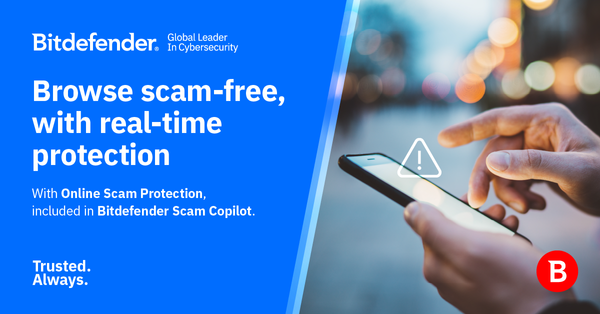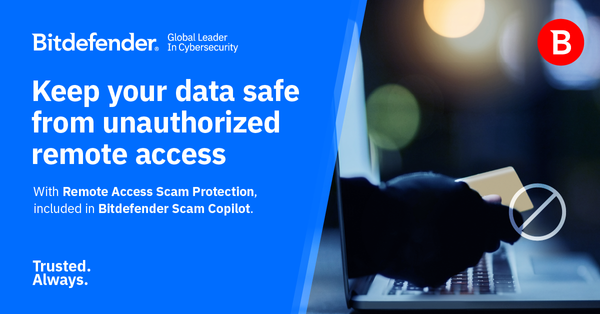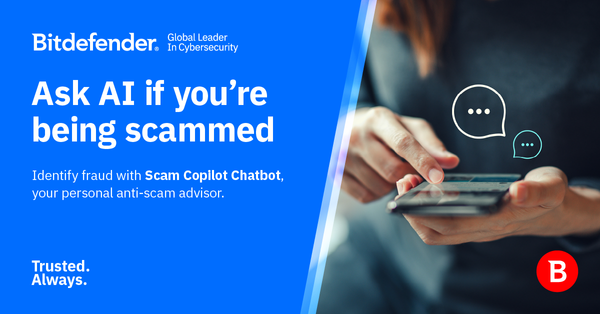How Does VPN Work? Quick Guide to Understanding VPN Functionality

You’ve probably heard talk of VPN as a popular, effective tool to protect your privacy, but do you understand how it works?
Most VPN users don’t particularly care what’s under the hood - as long as the tool keeps them anonymous online. However, understanding how VPN works can help you protect your privacy even better, troubleshoot potential connection issues, and make an educated choice regarding what VPN service you should trust.
VPN stands for Virtual Private Network. With that in mind, you might’ve figured out that this service cloaks your online identity by running your traffic through a secure, virtual network.
VPN redirects traffic through secure servers
The principle is simple: a VPN routes your device’s Internet connection through a private server, redirecting your traffic from its regular route (your ISP’s network). This prevents your ISP and any snoops from monitoring your traffic.
In turn, the websites and services you access detect traffic from the secure server rather than from your device. Since your traffic is routed through a secure tunnel, online services can’t detect your IP address; instead, they see the IP address of the VPN server.
However, merely re-routing traffic and hiding your IP address is not nearly enough to keep your privacy safe, especially when advanced cyberattacks such as MiTM (Man in The Middle) are at play.
Traffic encryption for extra security
VPNs also encrypt your traffic. If anyone tries to monitor it, they only see gibberish. Considering that premium service providers such as Bitdefender VPN rely on military-grade 256-bit encryption to obfuscate traffic, it’s safe to say that deciphering these data using current technology would be very challenging, if not downright impossible.
Here’s how that goes:
- VPN client encrypts your traffic and directs it to the server you chose through a secure tunnel
- The server decrypts your data
- Your traffic (requests), now decrypted, reaches its destination (website, service)
- The website or service generates a reply and sends it back to the VPN server (where the request appears to have originated)
- The VPN server encrypts the reply and sends it back to you
- Your VPN client decrypts the reply so you can see it in its original form
While this may sound convoluted, technology makes it possible for all the operations above to happen in the background and, most importantly, quickly. Therefore, most of the time, you won’t notice anything different about your Internet connection.
Advanced security and privacy features
Although re-directing and encrypting traffic should be enough to keep you anonymous, attackers have adapted to these countermeasures and developed new ways to compromise your privacy and security. In response, trustworthy VPN providers retaliated by adding extra security- and privacy-protection features.
For instance, most devices are set to instantly establish a connection to the Internet if the current one drops. Therefore, briefly disconnecting from your VPN might force your system to get back online using your default, insecure connection. Services that feature a kill switch, such as Bitdefender VPN, prevent the system from connecting to the Internet until the VPN connection is restored.
Furthermore, it’s no secret that, even with a VPN, your privacy can be compromised by ads and online trackers. However, turning to a service that packs an ad-blocker and an anti-tracking module can significantly boost your privacy protection.
tags
Author

Vlad's love for technology and writing created rich soil for his interest in cybersecurity to sprout into a full-on passion. Before becoming a Security Analyst, he covered tech and security topics.
View all postsRight now Top posts
How to Protect Your WhatsApp from Hackers and Scammers – 8 Key Settings and Best Practices
April 03, 2025
Outpacing Cyberthreats: Bitdefender Together with Scuderia Ferrari HP in 2025
March 12, 2025
Streamjacking Scams On YouTube Leverage CS2 Pro Player Championships to Defraud Gamers
February 20, 2025
How to Identify and Protect Yourself from Gaming Laptop Scams
February 11, 2025
FOLLOW US ON SOCIAL MEDIA
You might also like
Bookmarks









